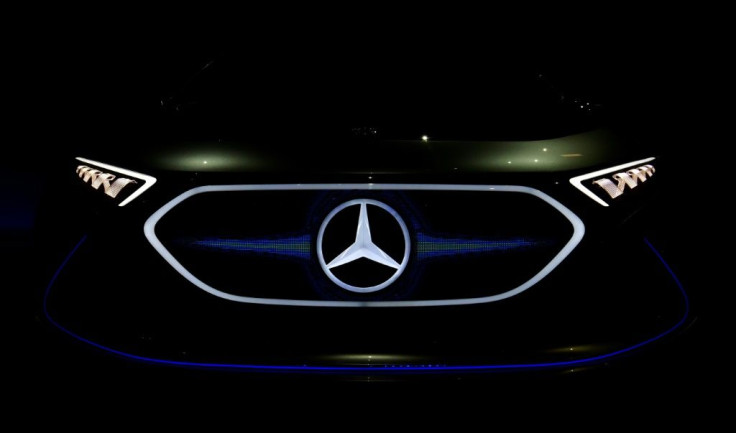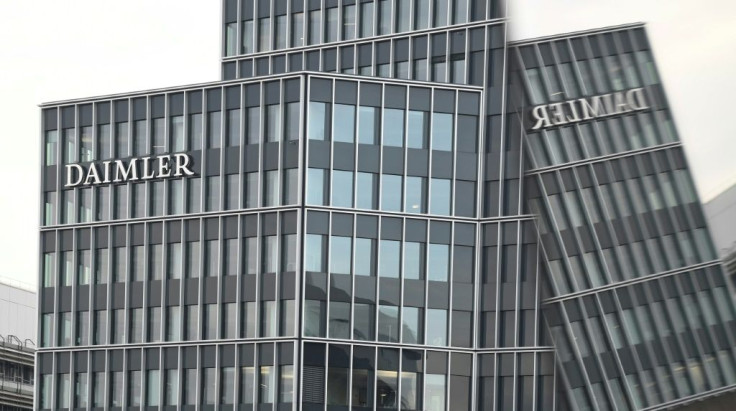Daimler Prepares For All-electric Shift By 2030
German luxury carmaker Daimler said Thursday it was investing 40 billion euros ($47 billion) in a shift to electric Mercedes-Benz vehicles by the end of the decade.
"Mercedes-Benz will be ready to go all-electric within this decade," the firm said in a presentation, while adding the caveat "where conditions allow".
The carmaker unveiled an ambitious strategy that would produce an electric version of all its models by 2025 along with a pledge that all new car platforms would be electric-only from that date.
To support the shift Daimler said it plans to open eight battery production facilities and planned to use a common battery platform across more than 90 percent of future vehicles.

"The EV shift is picking up speed -- especially in the luxury segment, where Mercedes-Benz belongs," Daimler chief executive Ola Kallenius said in a statement.
"Our main duty in this transformation is to convince customers to make the switch with compelling products," he added.
Kallenius told a telephone news conference later that the three biggest auto markets -- China, Europe and the United States -- were all "ramping up" efforts to go electric, but he did not want to "guess" at how long it might take.
The EU signalled last week that it wants a ban on new petrol and diesel vehicles by 2035 to meet its target of reaching carbon neutrality by mid-century.
The ACEA association of European automakers has slammed that deadline, but Daimler rivals such as Audi, BMW, Volvo or brands owned by the Stellantis group are already aiming for much closer dates.

"A lot of momentum has been built in Europe," Kallenius remarked.
Sector specialists have accused Daimler of lagging behind, but it now appears set to accelerate, especially once it spins off its heavy Daimler Trucks division, a move planned by the end of the year.
The group's investment in internal combustion and hybrid technology is expected to fall by 80 percent between 2019 and 2026.
As it focuses on electric-powered vehicles, Daimler said it wants to boost efficiency across the board with the goal of providing a real driving range of over 1,000 km (620 miles) on a single charge.
It plans to build four so-called gigafactories in Europe to make batteries, along with three more in Asia and one in the United States.
Kallenius told the news conference that China would play a key role in the push towards full electrification.
Daimler also plans to buy British startup YASA, an electric motor specialist.
ys/smk/rl-wai/gd
© Copyright AFP 2024. All rights reserved.





















